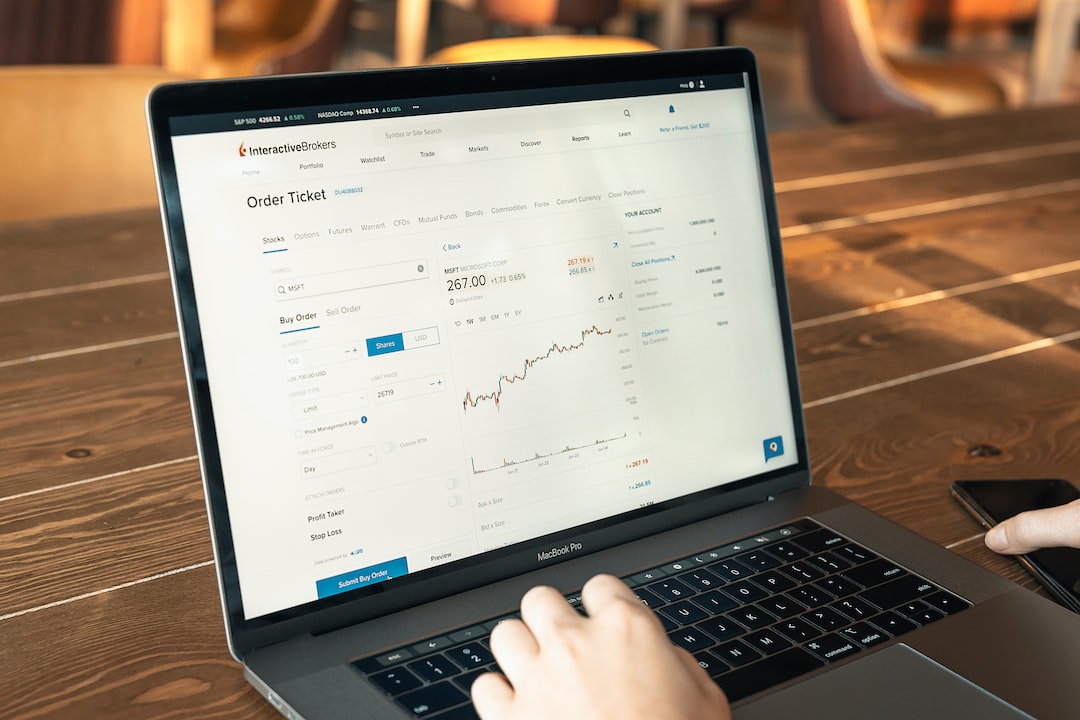India Accounting
India is a rapidly developing country with a booming economy. As a result, there is a high demand for skilled professionals in the field of accounting. Accounting in India is governed by the Companies Act of 1956, which mandates the use of Generally Accepted Accounting Principles (GAAP). The Institute of Chartered Accountants of India (ICAI) is the regulatory body responsible for setting accounting standards and regulating the profession.
The accounting system in India follows a double-entry bookkeeping system, which means that every transaction has two equal and opposite effects on the balance sheet. The accounting books are maintained in accordance with the Indian GAAP, which is similar to the International Financial Reporting Standards (IFRS).
In India, there are two types of accounting systems: cash basis accounting and accrual basis accounting. Cash basis accounting is used by small businesses, while accrual basis accounting is used by medium and large businesses. Accrual basis accounting is more complex and requires the use of specialized financial software to maintain accurate records.
Forex Card
In recent years, the use of forex cards has become increasingly popular in India. A forex card is a prepaid card that can be used to make payments in a foreign currency. It is similar to a credit or debit card, but instead of being linked to a bank account, it is linked to a forex account.
Forex cards are an ideal way for travelers to carry money when traveling to foreign countries. They are safer and more convenient than carrying cash, and they can be used to withdraw money from ATMs and make purchases at shops and restaurants.
Forex cards are available in major currencies such as US dollars, euros, and British pounds. They can be purchased from banks and foreign exchange dealers. The cardholder can load the card with a specific amount of foreign currency before traveling, and the card can be reloaded as and when required.
The advantages of using a forex card are many. One of the biggest advantages is that the cardholder can lock in the exchange rate at the time of loading the card. This means that the cardholder can avoid the fluctuation of exchange rates and save money on foreign exchange transactions.
Another advantage of using a forex card is that it is safer than carrying cash. The cardholder can block the card if it is lost or stolen, and the balance on the card can be transferred to a new card.
In conclusion, accounting in India is governed by the Companies Act of 1956 and is regulated by the Institute of Chartered Accountants of India. The accounting system follows the double-entry bookkeeping system and is based on the Indian GAAP. Forex cards are an ideal way for travelers to carry money when traveling to foreign countries. They are safer and more convenient than carrying cash and can be used to withdraw money from ATMs and make purchases at shops and restaurants.






